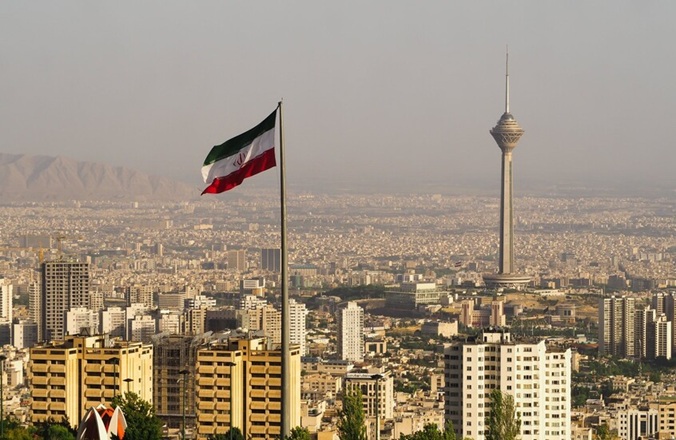U.S. Accuses Iran of Prioritizing Terrorism Funding Over Citizens' Needs Amid Water Crisis

The U.S. State Department has sharply criticized the Iranian regime, accusing it of sacrificing the fundamental needs of its citizens in favor of what it describes as funding for terrorism and fostering instability in the region.
This statement was made in a release shared on the department's official Persian account on the platform "X", where it analyzed the internal crises facing Iran.
The statement noted: "Iran is burdened by corruption and mismanagement, with economic chaos and rising inflation affecting families. The worsening water crisis has led to the implementation of national quotas, threatening millions of families in Tehran with potential evacuation from the city."
The tone intensified, accusing the Iranian regime of failing to address these crises, stating: "Instead of meeting these basic needs, the Iranian regime has diverted one billion dollars in foreign currency to Hezbollah this year." It claimed that "funding terrorism and creating instability in the region takes precedence over fulfilling the fundamental needs of the Iranian people."
The statement concluded with a direct message: "The Iranian people deserve leadership that cares for their health, well-being, and future, not a regime that sacrifices their welfare for destructive goals."
These U.S. remarks follow controversial comments from Iranian President Masoud Bezhakian last week, who warned of the consequences of the water crisis, stating: "If rain does not fall by December, we will have to implement extensive rationing, and if the drought continues, we may be forced to evacuate Tehran."
Bezhakian's comments sparked a broad internal debate, with some labeling them as "overstated" while others viewed them as a realistic warning reflecting the seriousness of the crisis.
In response to these statements and the ongoing debate, Iranian government spokesperson Fatemeh Mohajerani provided clarifications today, stating: "What the president said does not mean we will make a decision to evacuate Tehran, but it was to warn of the seriousness of the water situation."
Mohajerani added in an attempt to ease concerns: "Phrases may be used that give the impression we must leave the capital, but that is not the case."
This divergence between U.S. warnings and Iranian responses highlights the significant gap in perspectives, as Tehran faces a dual challenge: managing the internal water crisis and deteriorating infrastructure while also addressing external pressure regarding its regional policies.
While Washington views Iran's priorities as skewed towards funding its foreign affiliates at the expense of its citizens, Tehran justifies its policies as part of its national security strategy, claiming they do not contradict internal plans to address environmental and economic crises.
